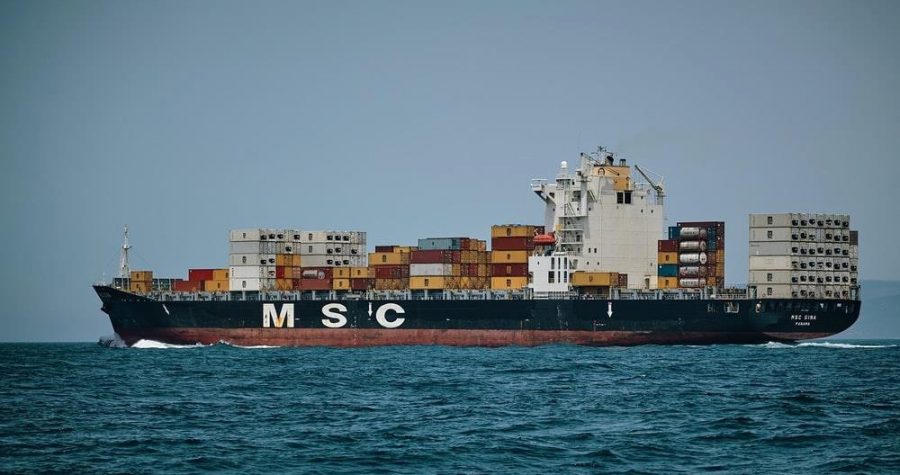How to insure my products
The largest trade corporations were not built in a day – you need to start small. There is always a risk factor when you commence business activities, and you don’t want to lose the empire you had built whether it’s small or large. You will need appropriate coverage for the unforeseen fails over the course, such as theft and fire hazards. When you are importing or exporting any commodities, it should cover the damages of those products if reported by the client.
In some countries, it is required by the state to get the organizational assets insured. However, in other nations, it is not the law to have Insurance for your products. The developing countries’ businessmen don’t opt for a proper insurance plan; thus often suffer miserably in case of accidents. Whereas, the developed nations abide by the insurance regulations more promptly. The premium seems like a drop in the ocean when the insurance companies cover a considerable loss. Before diving into the Product insurance niche, it is crucial first to understand the business-related types of insurances briefly.

There are many distinct insurance types when it comes to business-related coverage. It starts with property insurance, which includes your office, factory area, or the selling outlets. Property insurance covers accidents like fire, short circuit, water damage, and several other mishaps. Vehicular insurances, the second type, is where the transporting trucks and cars are protected against God-forsaken road accident. The third insurance category is related to the employees, and it is called Compensation insurance for workers. Another classification of Indemnity is Professional Liability Insurance. This part is a mistake cover-up where your client was harmed in any way.
An interesting Insurance clause is Business Interruption Insurance amidst the crisis. This fragment is suited best for disasters like COVID19. If a company had this insurance plan and suffered from closure or needs rebuilding after the pandemic, the income loss may be covered. It could be included in the overall comprehensive Insurance Package of an organization. Furthermore, the insurance niche related to the products is interpreted as Product Liability Insurance
Product Liability Insurances provides treatment to the claims of third parties, that is to say, the damage reported by consumers. For instance, if your client used your merchandise and suffered from bodily harm, property loss, sickness or death. The food industry often suffers from problematic outcomes associated with food products. If your customer ate the ketchup sold by your company, and it causes diarrhea or vomiting, you would be held responsible for the consequences. Usually, the insurance providers also cover the legal proceedings related to the issue. There is always risk involved with your products having adverse effects on the client, and a third-party can raise complaints or even sue your organization.
Manufacturing fault or design disarray are the common grounds for the need for Insurance. If you left out any required information on the packaging, or the safety warnings were not correct, you can face the penalties. Any small business can purchase an insurance policy, but they should be covering legal costs too.







